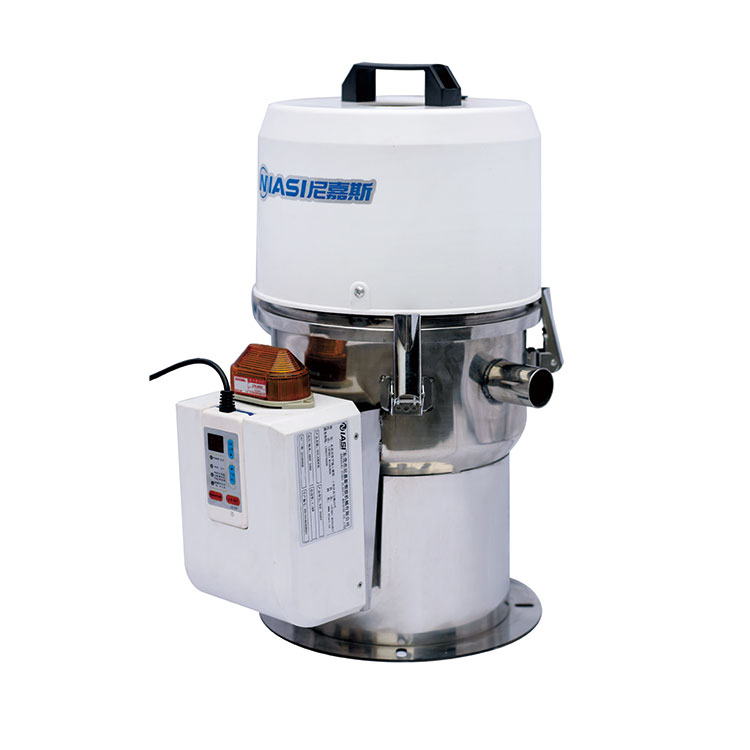What’s a Hopper Loader and Why Do People Use It?
2025-05-06
A hopper loader is an automated device used to transfer plastic resin or other granular materials (like pellets or powders) from a storage container—often a floor-level bin or drum—into a processing machine’s hopper, such as an injection molding machine, extruder, or blow molder.

What Does a Hopper Loader Do?
At its core, a hopper loader acts like a vacuum or motor-driven conveyor that:
Draws material from a source (like a bag, bin, or gaylord),
Transports it via hose or pipe,
And loads it into the processing hopper, where it’s ready to be melted and formed.
There are two main types:
1. Self-contained hopper loaders – Have a built-in motor and are typically mounted directly on the hopper.
2. Central conveying systems – Use a centralized vacuum pump that serves multiple machines or stations.
Why Do People Use Hopper Loaders?
1. Automation & Labor Savings
Hopper loaders eliminate the need for manual scooping or dumping of material, reducing labor costs and improving safety.
2. Cleanliness
By keeping material enclosed during transfer, hopper loaders help prevent contamination, dust, and spillage on the production floor.
3. Consistency
Automated loaders deliver a steady and reliable supply of raw material to the machine, minimizing downtime.
4. Efficiency in High-Volume Operations
In facilities with multiple machines, central hopper loader systems can manage distribution more effectively, boosting throughput.
5. Integration with Dryers and Mixers
Hopper loaders often work in tandem with drying systems, blending units, and feeders—creating a fully automated material handling system.
Where Are Hopper Loaders Used?
Plastic injection molding
Extrusion processes
Blow molding
Food packaging
Pharmaceuticals
Recycling operations


